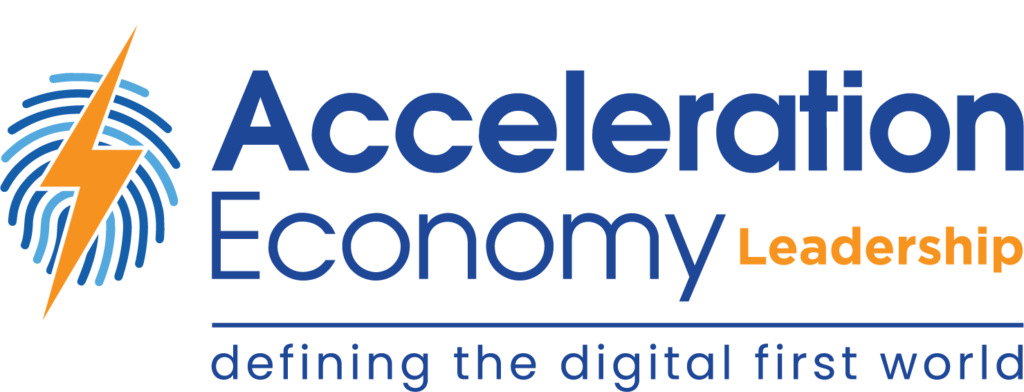So, your company is thinking about using blockchain to help ensure their businesses long term success, but you are unclear about where to start? That makes sense. After all, it’s a huge technology shift with epic level impacts, so it makes some sense that the starting point may be just as important as the end game. A false start could have long term negative impacts on your bottom line.
So many of us have already heard about the implications of blockchain for the financial and contract world, and some of us may have even seen great supply chain examples; what about the other industries? The industries that deal with the more human side of business and leverage technology to meet different goals and objectives. What are they to do? Might I suggest starting with a partner that has experience with the industry or use cases that can propel the business forward?
A very good example can be found in the not-for-profit industry. This industry is unique and doesn’t function like for profit companies, and as such their blockchain needs are largely different than other organizations. For example, non-profits need to establish and maintain relationships with donors. Blockchain technology offers an advantage here, such as allowing donors track where donations are going and where they were ultimately used.
Simply put, Blockchain technology delivers something long sought in the non-profit world, accountability. What’s more, the technology also provides transparency about the flow of money and how it reaches the people or causes it was meant to reach. Partners like GiveTrack, can help with the challenges presented by Blockchains. The company offers a platform, which uses Blockchain technology, for processing donations. Those donations become part of a unchangeable permanent record. That makes it easier to transfer, track and provide an immutable record of charitable transactions. The end result is improved trust between donors and non-profit agencies.
Establishing and maintaining trust is a critical element for most if not all businesses, and building that trust can be a somewhat challenging process. Another good example can be found in the used car market. Obviously there has been some attempts to establish trust, services like CarFax demonstrate that quite well. However, CarFax and others in the market are very dependent on input vectors that are not controllable and highly subjective in many areas.
Enter blockchain and partners like carVertical. A company that uses blockchain tech to improve the way we track car histories for buyers looking to buy a used car. Their platform tracks and logs data on vehicles from a variety of sources, including leasing and insurance history, in a single ledger. It then uses the data stored in the ledger to generate a more complete report on a car’s history based on VIN numbers inputted by users. Because it uses blockchain technology it is both secure and unchangeable, leaving used car buyers with a better experience. Using this technology can help propel car dealerships as an example ahead of their competition.
Another example comes in the form of hospitality. Many of the leading hotel chains pay up to 30% of total revenue in commissions to third-party online or travel agent booking services, creating a cost center that diminishes profits. Here is where blockchain technology can bring in a new solution to booking and selling and in turn enable hoteliers to keep a larger piece of their revenue.
Hospitality businesses can turn to partners, such as Winding Tree, which provides a platform that gives hospitality firms, like airlines and hotels, a decentralized B2B travel marketplace. Hotels, for example, can upload their app’s API to the Winding Tree marketplace, which makes it accessible to online travel agencies. Because the two businesses can transact directly with each other, online travel agencies are able to sell the hotels inventory right away. No middleman is needed and commissions are reduced, saving the Hotel money. Those increased revenues can then be reinvested to update their property, employing more staff, or simply providing a better employee or customer experience.
Blockchain technologies are being used in a multitude of industries across many uses cases and is growing exponentially. Many partners have already built solutions, which are already being used in many industries. Those partners can share specific solutions as well as lessons learned with interested companies.
For companies that want to understand and deploy the right block chain strategy, selecting a qualified partner may very well be the best starting point. Those partners can offer everything from lessons learned to competitive strategies to unique solutions, all of which can help to deploy your first block chain solutions in your industry.
Even if it’s too early to do today, it behooves the C-suite and other leaders in your company to discover what is happening and when it might be the right time for your company to test or deploy a blockchain solution. Consider setting up exploratory discussions with several partners, test their real-world knowledge, and ask to ‘see their work’ you might just discover some things you previously thought were years away are being done right now and often right around the corner. Happy Partnering!
Want more tech insights for the top execs? Visit the Leadership channel:







